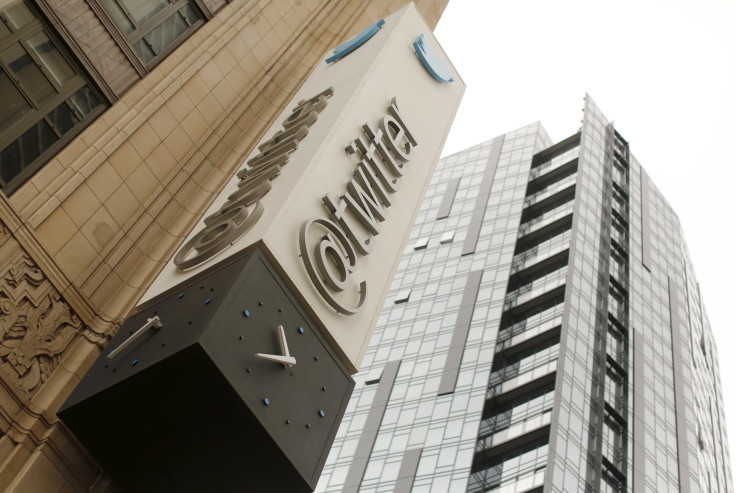Twitter, Cuba In Talks About Text Message Access To Social Media Service

Twitter says there is little time to waste if it wants to be among the first social media services allowed for use in Cuba. Since President Barack Obama last year announced that the U.S. would normalize its relations with the island nation, Twitter has reached out to the Cuban government about expanding access to its service, Politico reported on Wednesday.
Cuba lacks the basic network infrastructure that would give its citizens widespread access to the internet, which is how most Twitter users access the service. The San Francisco-based company’s solution would be to establish a shortcut that would allow Cubans to send tweets via text message on cell phones through the island’s existing telecom network, Cubacel.
“We don’t have a short code deal with Cuba, and it’s one of the few places in the world where we don’t,” Colin Crowell, Twitter’s director of global public policy, told Politico. “We’ve broached our desire with Cuban officials and they’re open to it, but we haven’t made a trip down there to effectuate that deal."
Crowell met Cuban diplomats in Washington, D.C. to discuss the company’s plans, but has not visited the country to meet with higher level officials. “We’d love to get a deal sooner rather than later,” Cromwell said.
Twitter isn’t the only new age technology company eyeing the potential Cuban market. A representative from Google traveled to Havana, the nation’s capital, this week. A spokesperson said the search engine giant is focused on “helping the Cuban government think through their publicly stated goal of improving Internet access.”
In Cuba, about 5 percent of the population has Internet access, making it difficult for the vast majority of citizens to access the web. Twitter started out as a text message-based service and still has the infrastructure to function that way, Crowell said.
He added that tweets about April’s Summit of the Americas that Cuban leader Raul Castro attended showed a demand for Cuban voices on Cuba issues. “The interest is quite pronounced in the [Cuban] diaspora, and in the hemisphere generally,” Crowell said. “We’re eager to do whatever we can to augment the ability of Cubans to make their voices heard. We’d love to have more Cuban voices on our platform.”
© Copyright IBTimes 2024. All rights reserved.












